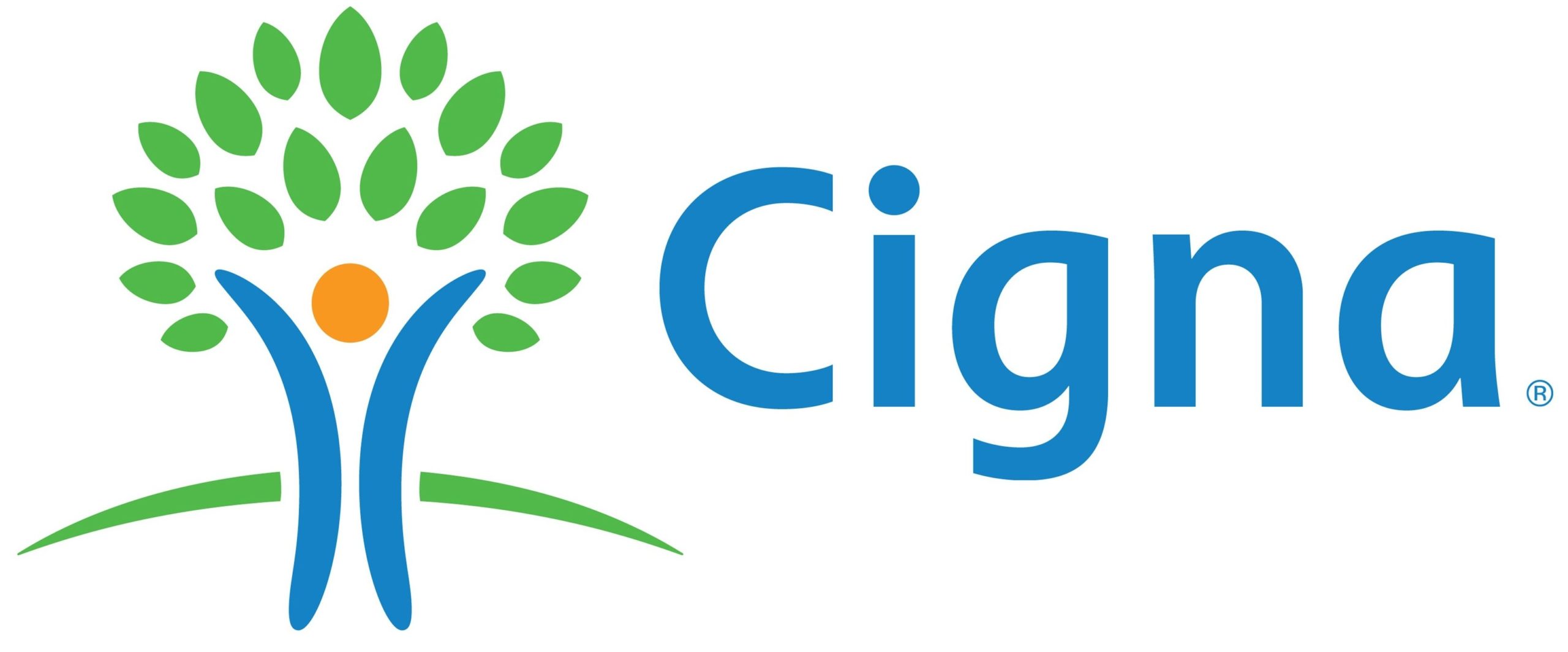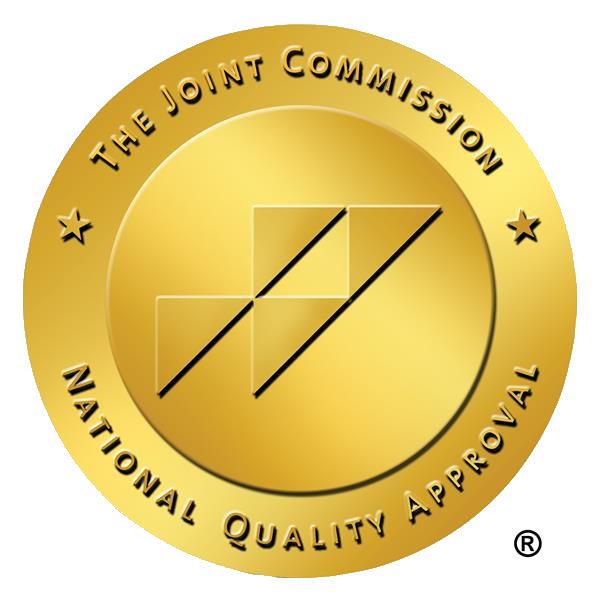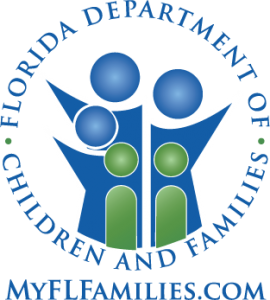The Impact of Social Media on Mental Health
In an era dominated by digital connectivity, the influence of social media on mental health has become a topic of paramount concern. Social media platforms have woven themselves into the fabric of our daily lives, profoundly impacting the well-being of individuals, particularly among adolescents and young adults. This article delves into the multifaceted relationship between social media and mental health, shedding light on both its positive and negative dimensions, as well as the pivotal role it plays in shaping the mental health landscape of our young generations.
Amid the enticing allure of social media platforms like Facebook, Instagram, Snapchat, TikTok, and more, the effects on mental well-being have gained significant attention. As we navigate this intricate terrain, we explore not only the ways social media fosters self-expression, connections, and support, but also the challenges it poses, including cyberbullying, FOMO (Fear of Missing Out), and the cultivation of unrealistic body image ideals. Delving into the psychological mechanisms at play, this article aims to provide a comprehensive understanding of how the dopamine-driven reward system of social media can influence our mental health outcomes.
What Is Social Media?
Social media is a digital landscape where individuals and organizations connect, communicate, and share content in various forms, including text, images, and videos. It serves as a virtual platform that facilitates social interaction and networking, transcending geographical boundaries. Users create profiles, engage in real-time communication, and have the option to personalize their experience based on their preferences. The diverse range of social media platforms includes social networking sites like Facebook and LinkedIn, microblogging platforms such as Twitter, image-sharing platforms like Instagram, video-sharing sites including YouTube, and many more. These platforms have a global reach, enabling people to connect with others from different parts of the world, fostering cross-cultural exchanges and interactions.
Understanding Social Media Use
Social media use is widespread among adolescents and young people. According to the Pew Research Center, a significant percentage of American adolescents and young adults are active on various social media platforms. It has become a primary means of communication and self-expression, allowing individuals to share their experiences, connect with friends, and discover new trends and interests. However, it’s essential to examine the potential effects of this pervasive technology on mental well-being.
The Positive Effects of Social Media
Social media platforms can have positive impacts on mental health. They provide spaces for self-expression and connection with others, which can enhance feelings of social well-being. For instance, support communities and mental health awareness campaigns on platforms like Instagram and Twitter have been instrumental in breaking down the stigma surrounding mental health issues. These platforms enable young people to share their experiences and find solidarity with others facing similar challenges. Such positive interactions can boost mental well-being and decrease feelings of isolation.
Social media platforms can have several positive effects on mental health when used mindfully and in moderation. It’s important to recognize that not all experiences on social media are negative, and some users find value and support in their online interactions. Here are some of the positive effects of social media on mental health:
Connection and Support
Social media platforms provide a space for individuals to connect with friends and family, especially when they are separated by distance. These connections can be a source of emotional support and reduce feelings of loneliness and isolation.
Peer Support Groups
Social media platforms often host peer support groups and communities where individuals facing similar mental health issues can share their experiences and provide advice and encouragement to one another. This sense of belonging can be immensely beneficial for mental well-being.
Positive Social Interaction
Engaging in positive, meaningful conversations and interactions with friends and acquaintances on social media can boost one’s mood and sense of connection. Sharing achievements and happy moments can lead to increased feelings of joy and gratitude.
Mental Health Apps
Several apps and platforms are dedicated to mental health and well-being, offering meditation, stress reduction techniques, and tools for tracking mood and emotions. These can be valuable resources for those seeking to improve their mental health.
The Negative Effects of Social Media
Conversely, social media use can have detrimental effects on mental health. Cyberbullying, for instance, is a prevalent issue that affects many adolescents and young adults. The constant exposure to curated images and lifestyles on platforms like Instagram can lead to unfavorable comparisons, contributing to low self-esteem and body image issues. Moreover, the fear of missing out (FOMO) often leads to excessive scrolling and compulsive checking of social media, resulting in higher levels of stress and anxiety.
Cyberbullying and Harassment:
Social media platforms can become breeding grounds for cyberbullying and online harassment. Users, particularly adolescents and young adults, may experience hurtful comments, threats, or abusive behavior from peers or even strangers. Such negative interactions can lead to stress, anxiety, and a decline in mental well-being.
Fear of Missing Out (FOMO):
The constant exposure to carefully curated images and experiences on social media often leads to the “Fear of Missing Out” (FOMO). Users may feel pressured to keep up with the idealized lives portrayed online, causing feelings of inadequacy and anxiety. FOMO can contribute to reduced self-esteem and overall mental health challenges.
Social Comparison and Self-Esteem Issues:
Users frequently engage in social comparison on social media, measuring their lives against those of others. This can lead to unfavorable self-perception and body image issues, as people often present the best aspects of their lives online. Comparing oneself to these idealized representations can result in diminished self-esteem and mental health problems.
Excessive Screen Time:
Spending excessive time on social media can lead to increased screen time, which is associated with a range of mental health issues, including depression and anxiety. The addictive nature of social media platforms, where users receive dopamine-driven rewards for likes and comments, can lead to compulsive checking and a negative impact on overall well-being.
The Science Behind Social Media and Mental Health
Recent studies in the field of psychiatry and public health have examined the connection between social media use and mental health outcomes. Research suggests that the addictive nature of social media platforms, driven by the release of dopamine when receiving likes or comments, can contribute to excessive screen time and social media addiction. A systematic review published in PLOS ONE found that heavy social media use is linked to higher depressive symptoms and low self-esteem, particularly among young people.
Identifying Mental Health Challenges
It’s crucial to recognize the signs and symptoms of social media-related mental health issues. Adolescents and young adults who experience declines in psychological well-being or engage in self-harming behaviors may be influenced by their social media habits. As parents, educators, and healthcare professionals, it’s important to be vigilant and offer support to those in need.
Coping Strategies and Solutions
To mitigate the negative impact of social media on mental health, it’s essential to develop coping strategies and solutions. This includes setting healthy boundaries for screen time, encouraging face-to-face social interactions, and teaching digital literacy. For those experiencing mental health problems related to social media use, seeking professional help is crucial.
The Role of Parents, Educators, and Healthcare Professionals
In the context of social media’s impact on mental health, the involvement of parents, educators, and healthcare professionals is crucial. These individuals play essential roles in providing support, guidance, and interventions for adolescents and young adults facing mental health challenges related to their online activities.
Parents
Parents should maintain open communication with their children about their online experiences. Encouraging healthy online behaviors and setting reasonable screen time limits can help protect their mental health. Recognizing signs of social media-related mental health issues in their children, such as changes in behavior, emotional distress, or academic decline, is essential. Early intervention can make a significant difference in the outcomes.
Educators
Teachers and school staff can promote digital literacy and emotional intelligence among students. Including discussions about the responsible use of social media in the curriculum can empower students to make informed choices. Educators can also watch for signs of social media-related stress or bullying within the school environment and provide support or connect students with appropriate resources.
Healthcare Professionals
Mental health professionals, including psychiatrists and therapists, can offer assessment and treatment for adolescents and young adults struggling with mental health problems associated with social media. Additionally, healthcare professionals should be well-informed about the latest research and trends in social media use to provide relevant guidance and interventions.
Collaboration between these groups can create a more comprehensive approach to addressing the mental health challenges linked to social media use among young people. By working together, they can better understand, prevent, and manage the potential negative effects while promoting the positive aspects of online interaction.
Conclusion
The impact of social media on mental health is a complex issue. While it offers various opportunities for social interaction and self-expression, it also poses challenges that can affect the well-being of adolescents and young adults. Understanding the balance between the positive and negative effects of social media is essential, and open conversations about these issues are vital. Researchers, policymakers, and individuals must continue to explore the ever-evolving relationship between social media and mental health to promote the mental well-being of young people.










